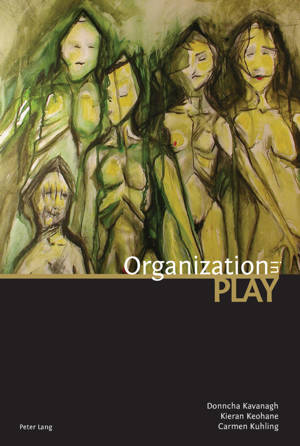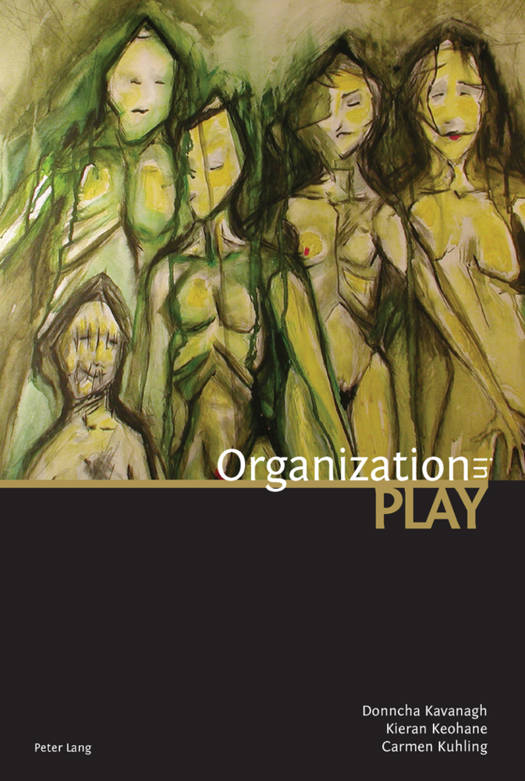
Bedankt voor het vertrouwen het afgelopen jaar! Om jou te bedanken bieden we GRATIS verzending (in België) aan op alles gedurende de hele maand januari.
- Afhalen na 1 uur in een winkel met voorraad
- In januari gratis thuislevering in België
- Ruim aanbod met 7 miljoen producten
Bedankt voor het vertrouwen het afgelopen jaar! Om jou te bedanken bieden we GRATIS verzending (in België) aan op alles gedurende de hele maand januari.
- Afhalen na 1 uur in een winkel met voorraad
- In januari gratis thuislevering in België
- Ruim aanbod met 7 miljoen producten
Zoeken
€ 129,45
+ 258 punten
Omschrijving
Play is a foundational concept that animates life, work, creativity and organization; and while play is essential, it also dislodges the very meaning of these terms. Organization in Play explores different meanings, usages and understandings of play to present novel and insightful perspectives on capitalism, management, markets, bureaucracy and other organizational phenomena. It traces how early capitalism, with its ethos of austerity and distaste for recreation, has given way to a more ludic version in recent times. At the same time, children - those playmakers supreme - have been, curiously, excluded from scholarly conversation about organization. The authors examine this and other paradoxes using a wide range of sources - from Weber to Sesame Street, from Star Trek to Lacan, from Riverdance to Beckett - that shed light on the capricious boundaries between work and play, rationality and foolishness, sense and nonsense.
Play points us to the liminal and the extraordinary, where meaning is ambiguous at best, and where conventional notions about order and disorder, movement and stasis, centre and periphery are undone and are put into play. It focuses our attention on the silences and absences, the comic and the theatrical, the folly and the madness of markets, organizations, management and work practices in contemporary capitalism. Drawing on a deep engagement with sociological and organizational literatures, the authors show how a play perspective enhances our understanding of the institutions we inhabit and which inhabit us.
Play points us to the liminal and the extraordinary, where meaning is ambiguous at best, and where conventional notions about order and disorder, movement and stasis, centre and periphery are undone and are put into play. It focuses our attention on the silences and absences, the comic and the theatrical, the folly and the madness of markets, organizations, management and work practices in contemporary capitalism. Drawing on a deep engagement with sociological and organizational literatures, the authors show how a play perspective enhances our understanding of the institutions we inhabit and which inhabit us.
Specificaties
Betrokkenen
- Auteur(s):
- Uitgeverij:
Inhoud
- Aantal bladzijden:
- 244
- Taal:
- Engels
Eigenschappen
- Productcode (EAN):
- 9783034302135
- Verschijningsdatum:
- 29/05/2011
- Uitvoering:
- Paperback
- Formaat:
- Trade paperback (VS)
- Afmetingen:
- 152 mm x 229 mm
- Gewicht:
- 331 g

Alleen bij Standaard Boekhandel
+ 258 punten op je klantenkaart van Standaard Boekhandel
Beoordelingen
We publiceren alleen reviews die voldoen aan de voorwaarden voor reviews. Bekijk onze voorwaarden voor reviews.









